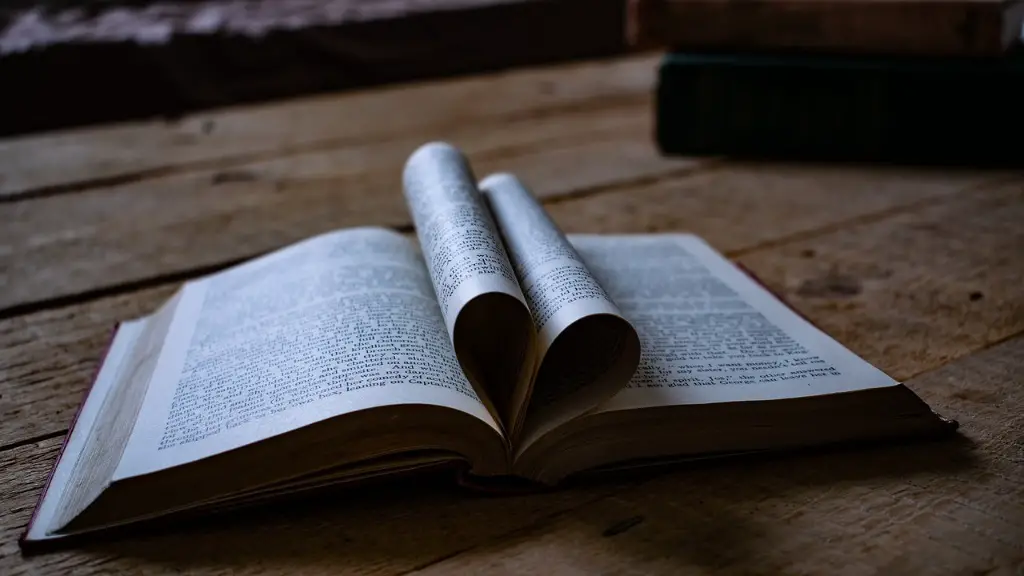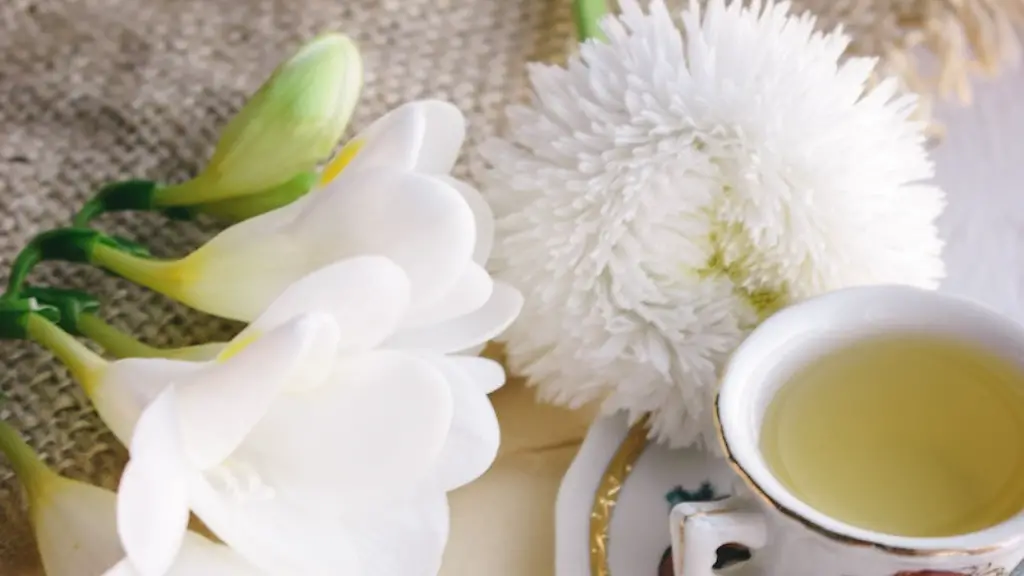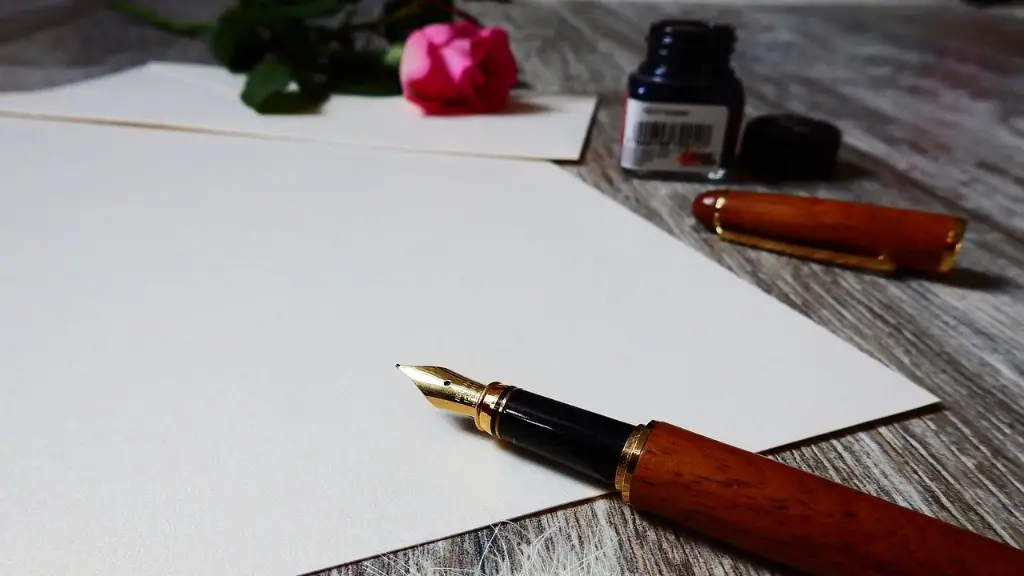Background Information
Poetry Slam is a relatively new form of amateur performance poetry popularized by Marc Smith in the 1980s. It is a hybrid of poetry and modern-day spoken-word performance. It consists of poets performing their own work in competitions judged by randomly selected members of the audience. The structure and format of the slams vary depending on the host, but they all tend to have the same performance-based guidelines. Some common rules include a time limit, which is three minutes in the United States, and the scores given by the judges are always out of 10, with even increments of 0.5.
Scoring
The scoring system for poetry slam competitions judge the contestants based on certain criteria. Judges base their scores on how well the poet delivered their piece, how relevant the poem was to the theme and any other elements that made the poem unique. Judges are typically anonymous and ideally include people from all walks of life with varying backgrounds and opinions. Points are deducted for going over the time limit or other performance-related issues, such as overflowing emotion, off-topic stories, repetition, and lack of clarity.
Types of Poetry
During a poetry slam, poets perform their own original work, with most pieces falling into one of three basic categories: narrative, political/social, and personal. Narrative poems tell stories, with the speaker typically acting as an actor in the story. Political/social poems express the poet’s opinion on various controversial and societal issues. Personal poems focus on the poet’s own experiences and feelings, often exploring themes like love, family, and grief.
Culture of Poetry Slamming
Poetry slam brings together people from all walks of life who share a common interest in spoken-word poetry and performance. As an audience member, you are encouraged to empathize with the poets, embrace their stories, and cheer them on as they perform. Aside from the competitive aspect, poetry slams provide a platform for poets to express themselves and explore a wide range of topics and emotions.
Benefits of Participating in Poetry Slams
By participating in poetry slams, you develop a unique sense of creative confidence and communication skills. Slams give poets the opportunity to express themselves and tell their stories in a unique and powerful way. They also offer a sense of community, belonging, and support, while allowing poets to further hone their craft and build confidence in their writing.
Differences between Traditional Poetry and Poetry Slam
Though traditional poetry and poetry slam are both forms of performance poetry, they are quite different. Traditional poetry is typically read from a page or book, with little to no visual or vocal expression. In contrast, poetry slam performances require the poet to engage with the audience and use various vocal, physical, and emotional cues to enhance their work. Poetry slam encourages poets to think on their feet and be creative in their approach.
Advice From Expert Poets
Expert slam poets advise those interested in participating in poetry slams to be open and honest in their performances. They suggest poets think deeply on the topics they write about and communicate their feelings in a clear, creative way. Poets should also focus on the stories behind their work and how they can best convey those stories to the audience. Finally, they advise poets to be sure to practice their piece beforehand, as this will ensure a smoother, more confident performance.
Impact of Poetry Slams
The positive impact of poetry slam on the wider community cannot be understated. Poetry slams increase the visibility of spoken-word performance and create an environment of open communication, collaboration, and innovation. Poetry slams also provide an inviting space for emerging artists to be heard, appreciated, and appreciated. Finally, the idea of a competitive platform that encourages creativity, story-telling and self-expression has a compelling power to engage and empower listeners and participants alike.
Impact on Traditional Poetry
The advent of poetry slam has had a profound impact on traditional poetry. Slams has allowed poets to express themselves in exciting and engaging ways, while still honoring and respecting the art of traditional poetry. Spoken word has become a creative and powerful form of storytelling that is accessible to all. By popularizing the art of spoken-word poetry, slams have encouraged more people to get involved in and appreciate poetry.
Popular Contests and Venues
Poetry Slam scenes are present in most countries around the globe, with popular international and regional competitions such as the National Poetry Slam, Women of the World Poetry Slam, and the Rustbelt Regional Poetry Slam. Local poetry slams can be found in venues such as cafes, bars, clubs, bookstores, libraries, universities and schools.
Educational Opportunities
Poetry slams also provide an opportunity for poets to hone their craft through workshops and educational opportunities. Numerous organizations, such as Poetry Slam Incorporated, hold workshops and provide technical advice to both new and experienced poets. Such workshops help poets improve their writing and performance skills and network with other artists.
Creating a Culture of Inclusion and Participation
The power of poetry slams lies in its ability to create a culture of inclusion and participation. Through its open-access format, poetry slams create an inviting and supportive space for emerging voices and provide a platform for poets to share their stories and experiences. The added element of competition also encourages innovation and creativity, making poetry slams an exciting and engaging way to experience poetry.



